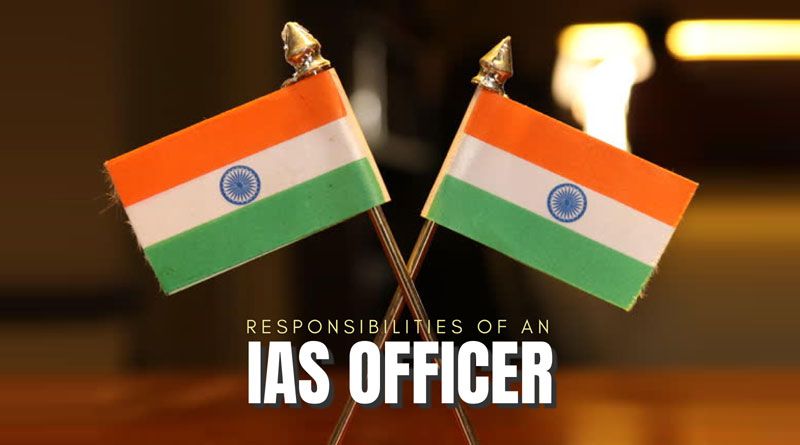The Indian Administrative Service-IAS is a division of the Indian Civil Service. It is one of the most esteemed and reputed positions in the country. After qualifying its entrance exams and after appearing in walk in interviews, one can become an IAS officer and gets recruitment in the government administration. IAS is one of the prestigious and popular career options among many candidates preferring to make a career in the government sector. The role of an IAS officer is to handle various administrative concerns of the government. In this article, we describe the responsibilities and duties of an IAS officer.
- You must implement the policies, manage them and be available where the decided policies to be executed.
- As an officer, you’ll even have the right to answer the state authorities as well as the parliament just in case of any uncertainties happening within the area under you.
- At the primary stage after joining the prestigious IAS job, you’ll join at the post of sub-divisional level as a sub-divisional magistrate.
- In this position, you have the power in your hands to manage the entire developmental work of the area under your control. You will also possess the authority to make sure the law and order are maintained at all times.
- After this level, you as an IAS officer will be promoted at the district level, known as the district magistrate, deputy officer.
- Here, you’ll have major responsibilities, and even have the power to conduct programs and policies for higher development.
- You could also serve at the post of state secretariat and as the head of a Public Sector Unit.
- When at the central level, you could be promoted as the Cabinet Secretary, Additional Secretary, Joint Secretary, the Deputy Secretary and/ or the Under Secretary.
- While you will express the policies and implement concerning finance and commerce, the final decisions on the same will be dependent on the concerned minister you’ll be working under.
- As an IAS officer, you will have full authority, capability, and opportunity to aid the needy and poor ones of our society.
- You will manage the implementation of the state and also the central government policies.
- You will visit places regularly to monitor new policy implementation.
- You will be responsible for the management of the expenditure and revenues of public funds as per the rules.
- When it involves policy-making and decision making, you’ll hold different positions at various levels, like undersecretary, etc.
- Overall, the basic duties and responsibilities as an IAS officer is to manage the everyday activities of the govt. This includes the development and implementation of the policy in consultation with the minister liable for the particular department.
All the best!
Swati Sharma writes for online publications, newspapers covering business, technology, health, career, fitness and sports. She holds a Masters of Business Administration degree from one of the reputed university. She loves to write about every aspect of technology and recent market trends.

